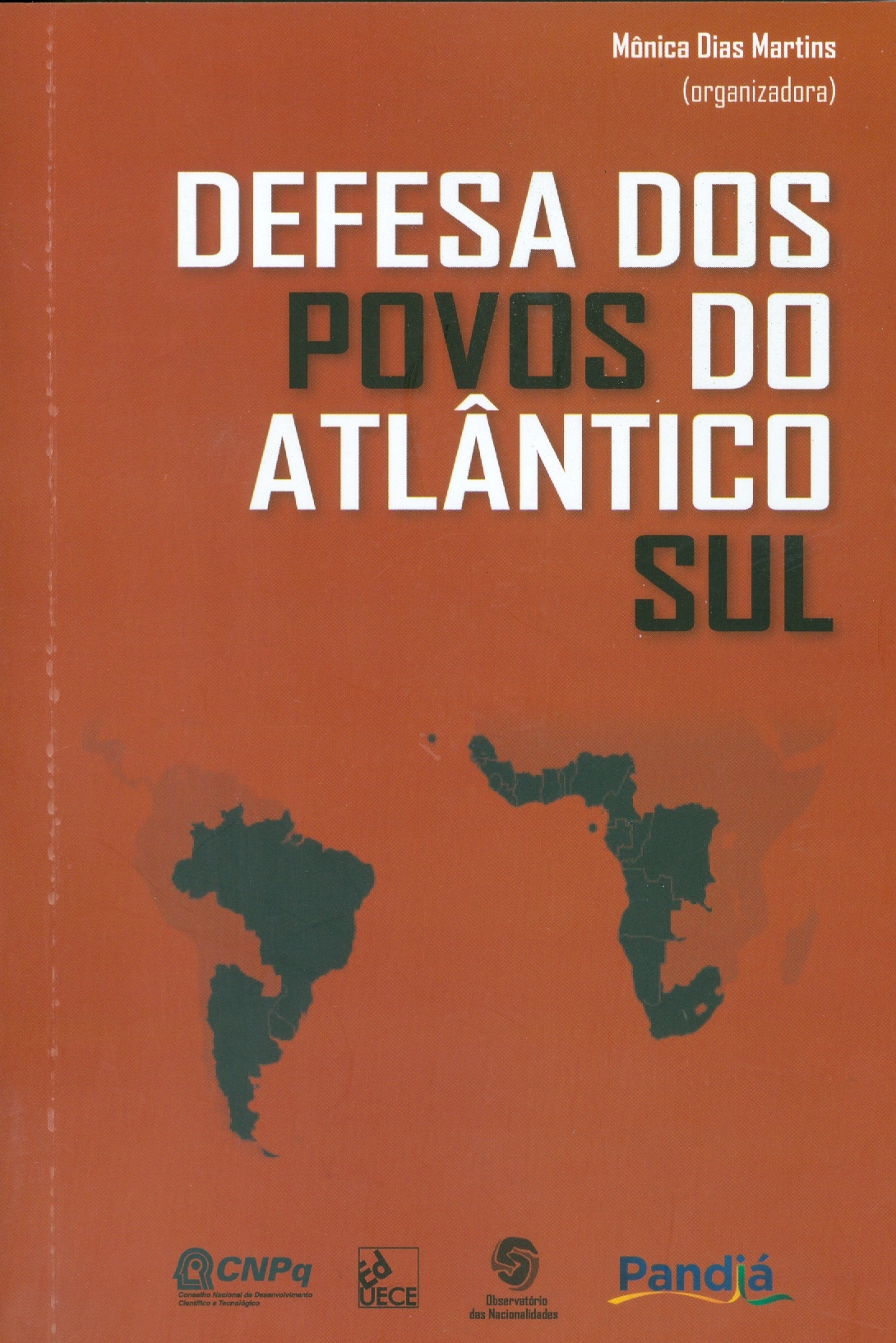
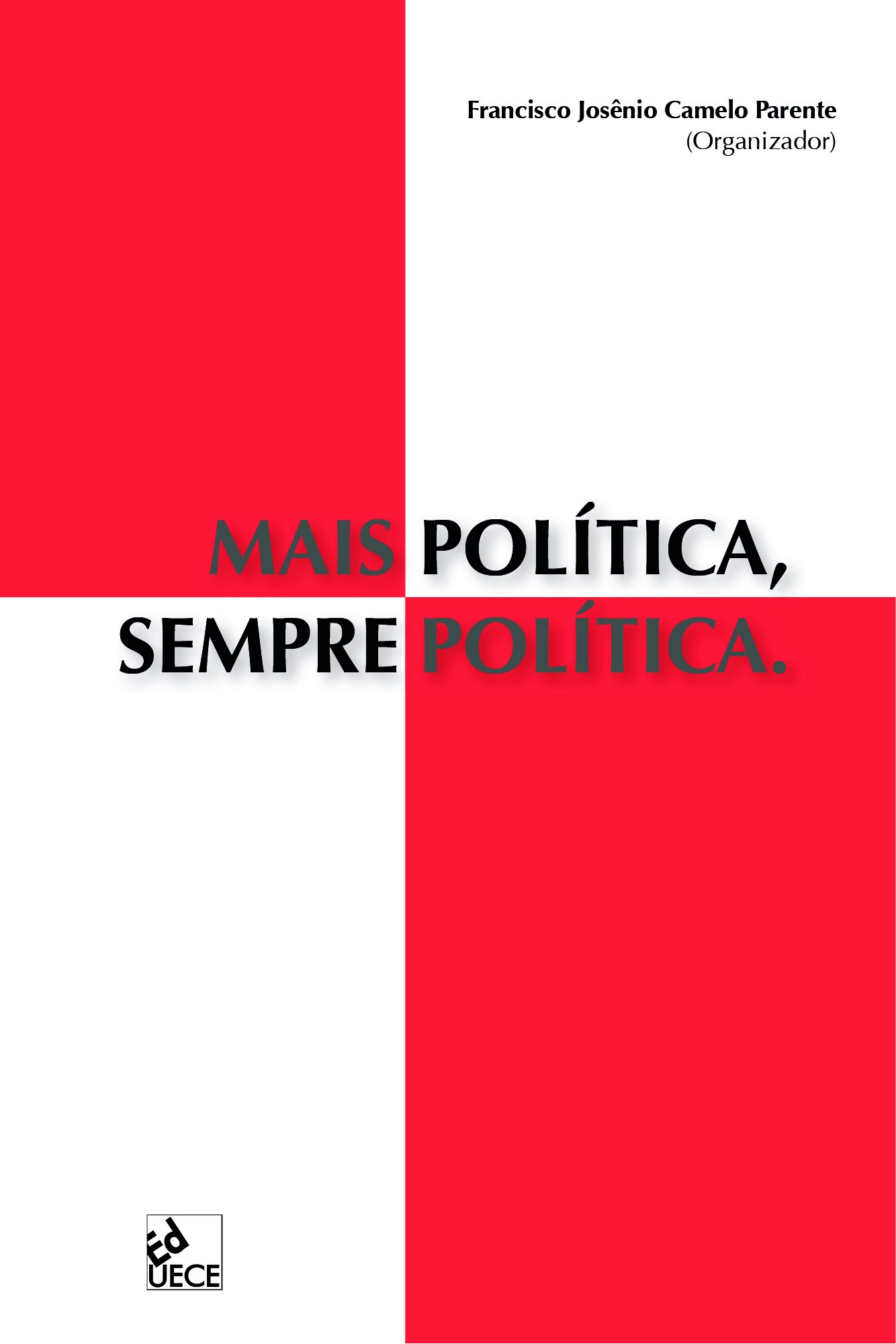
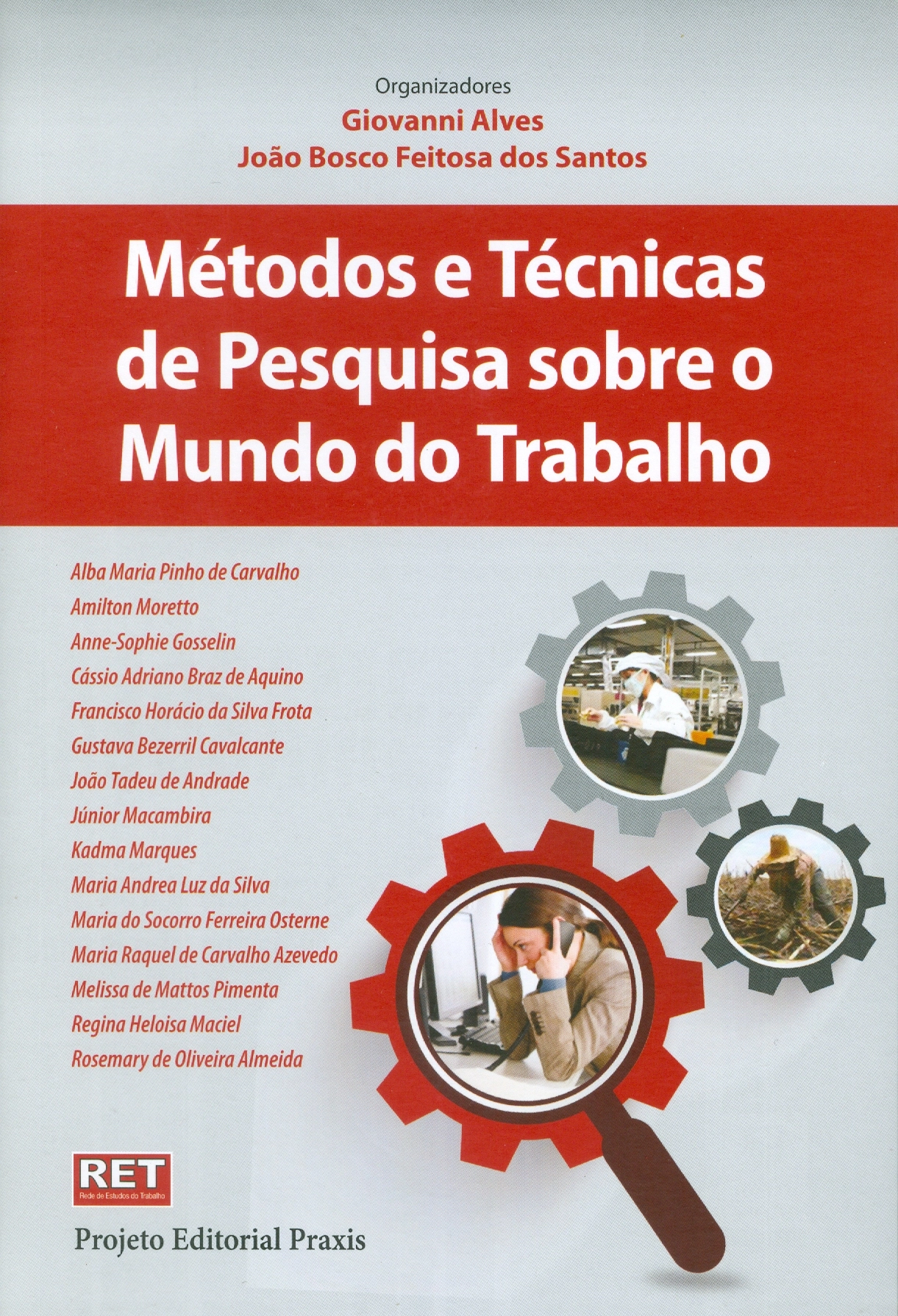
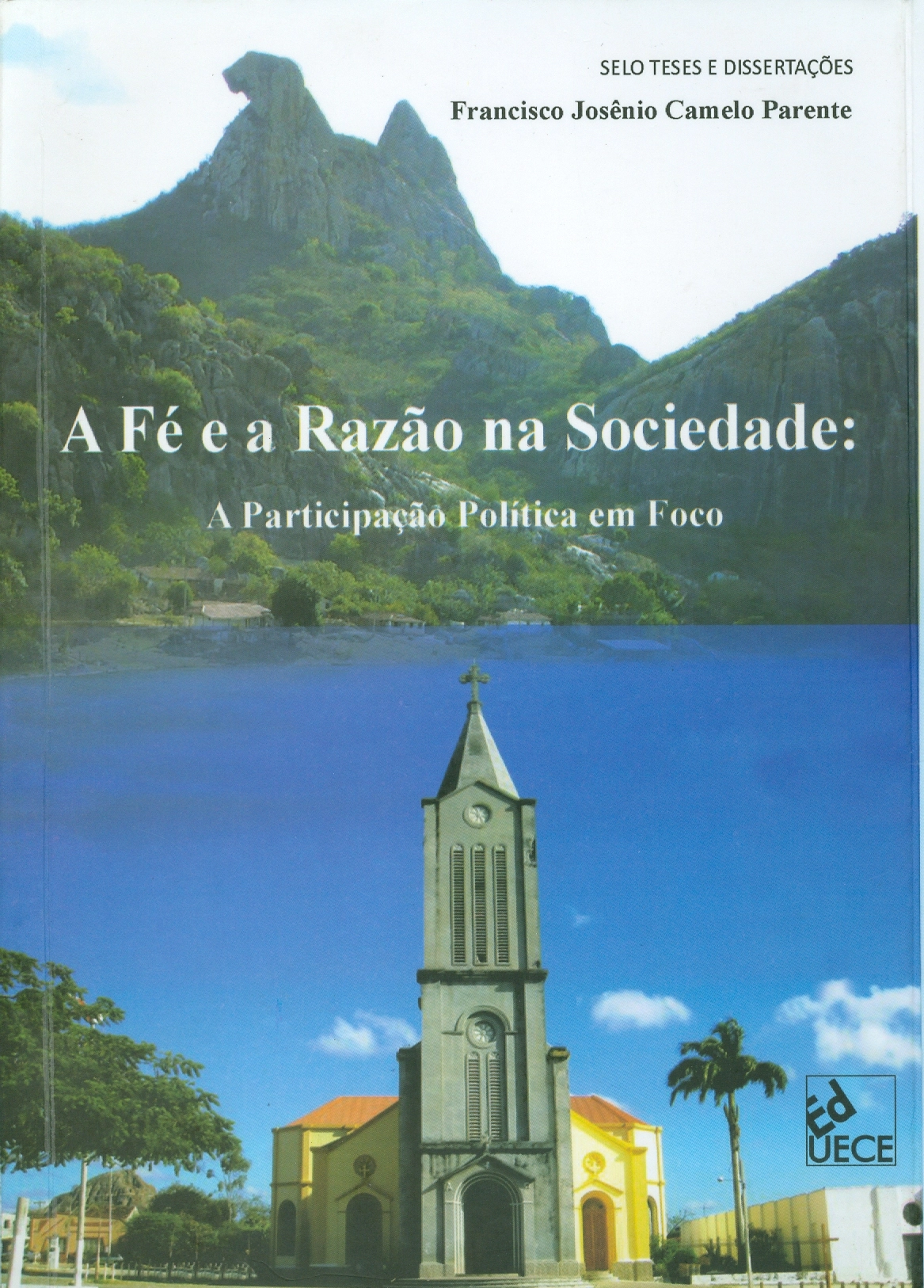
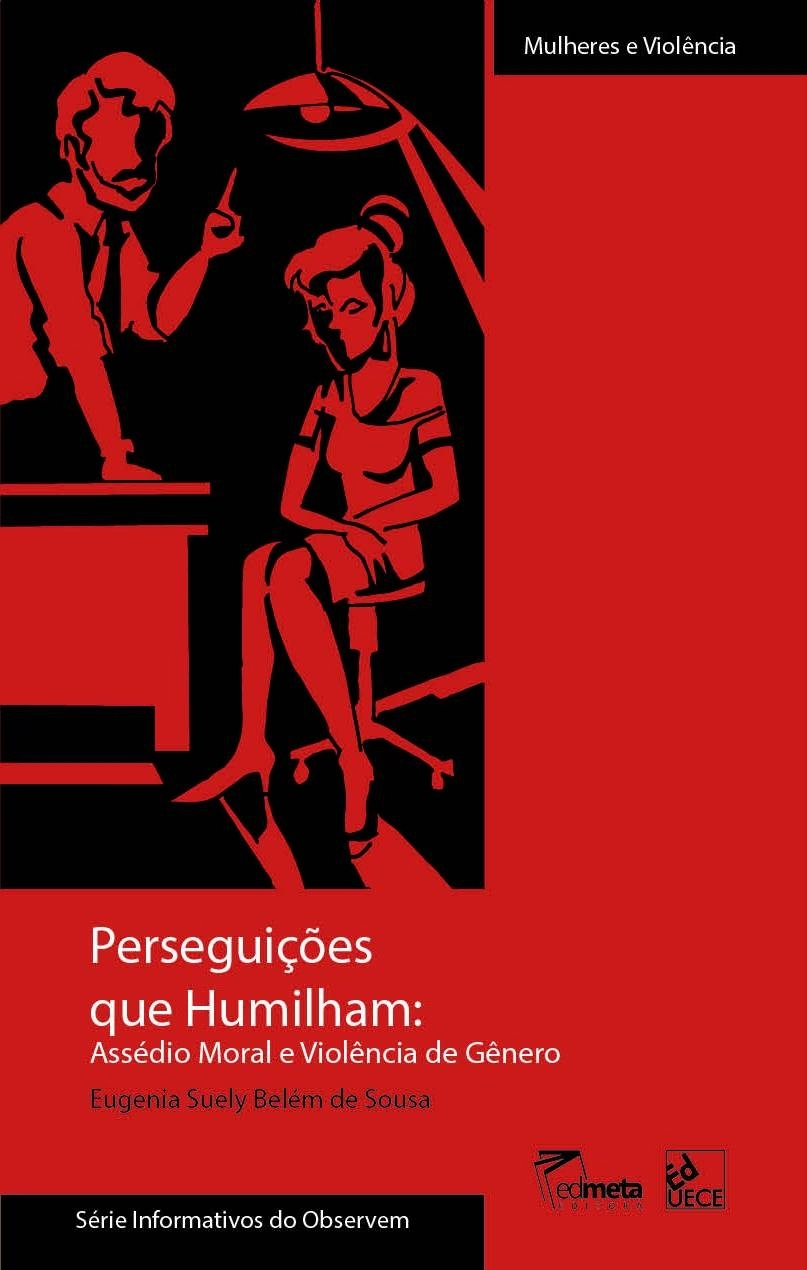

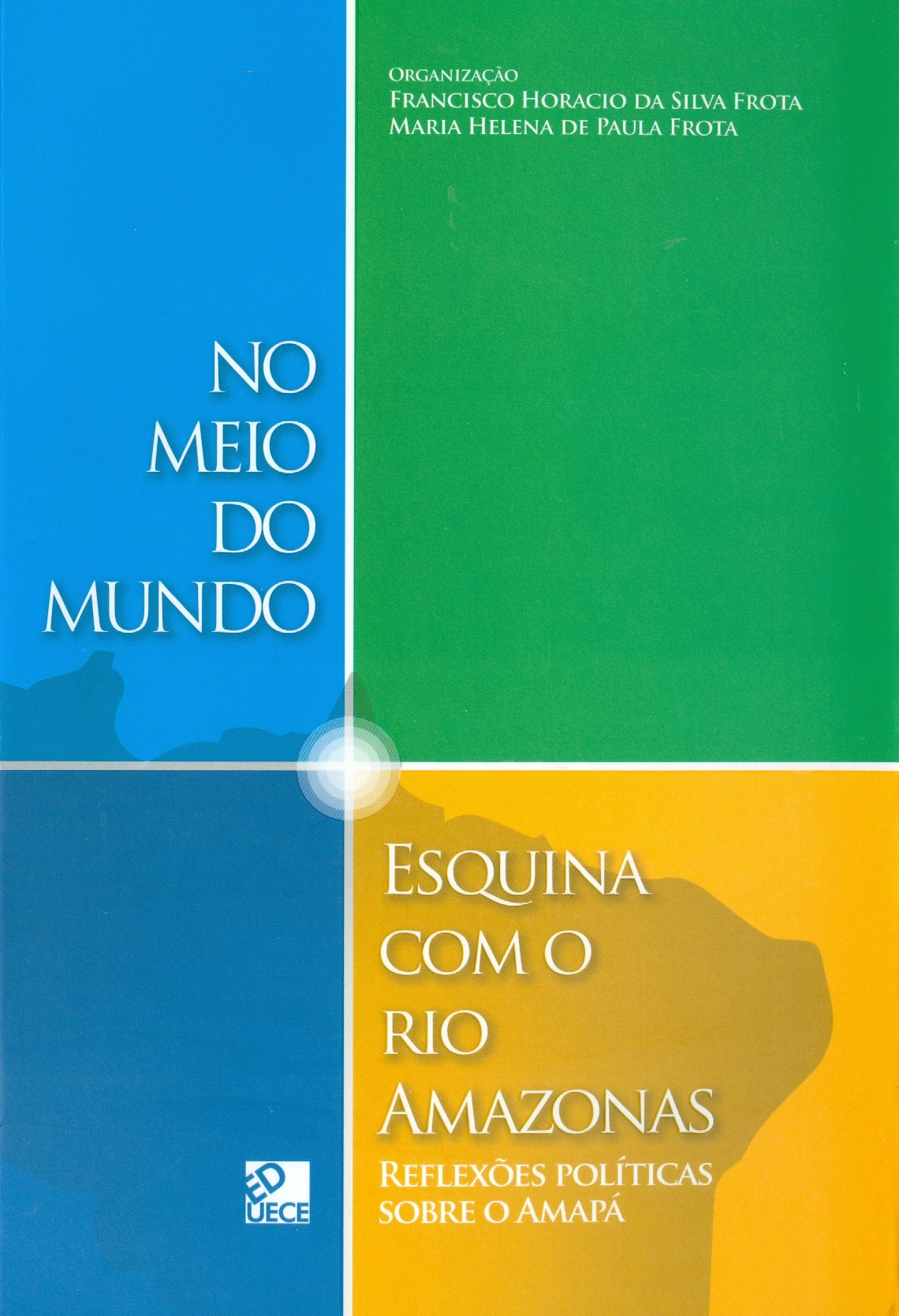

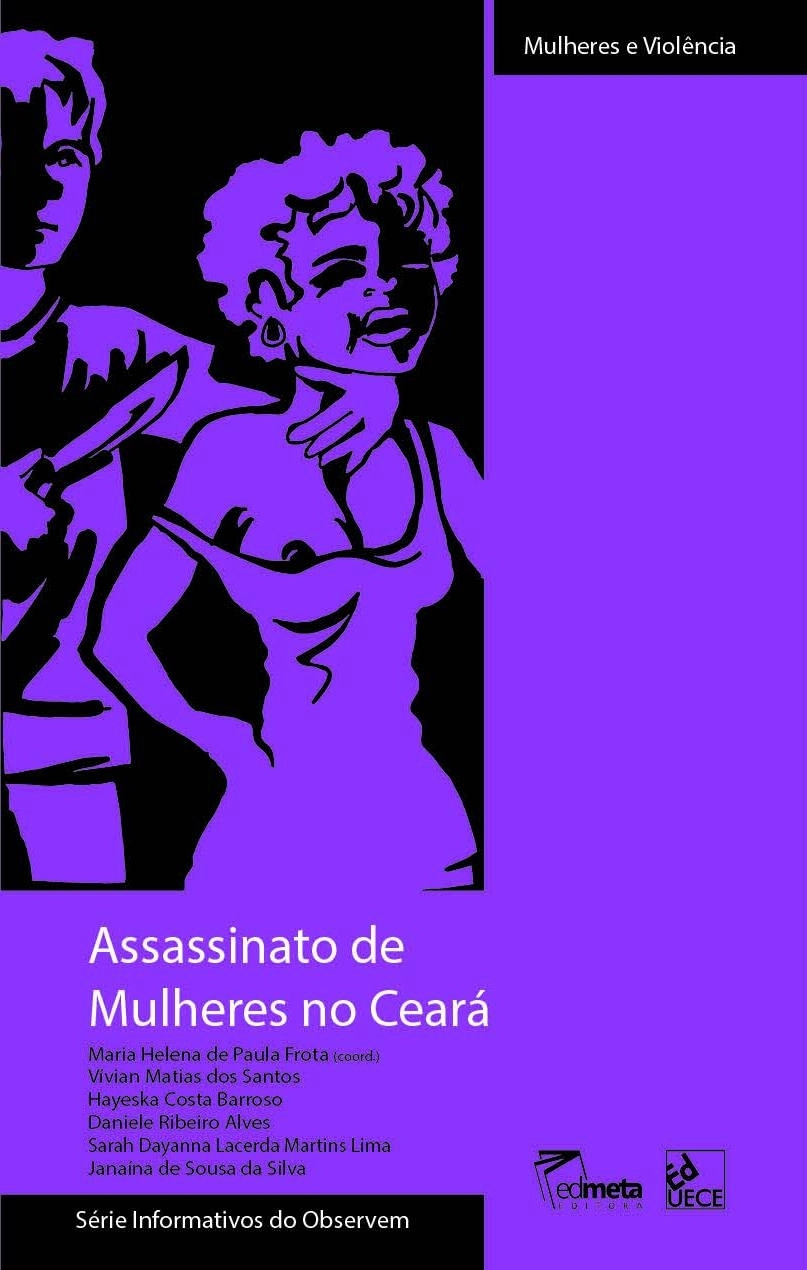
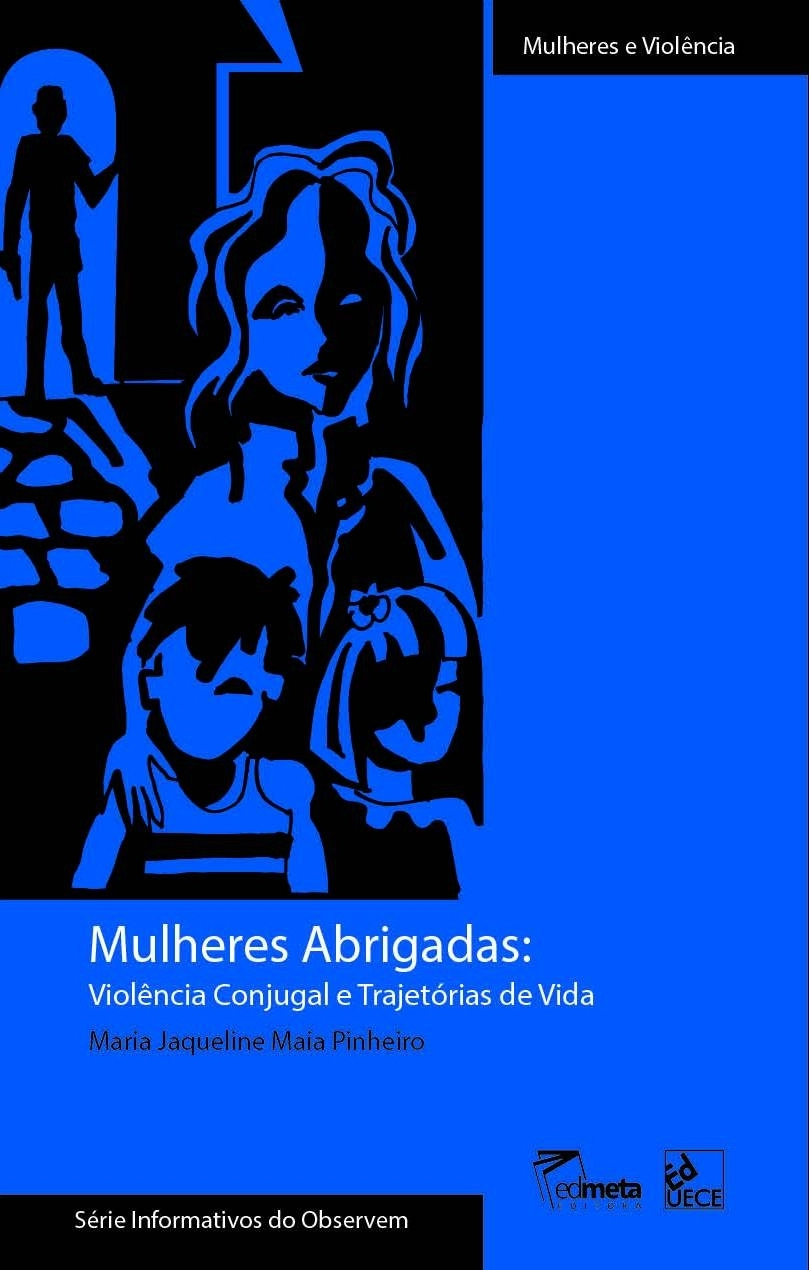
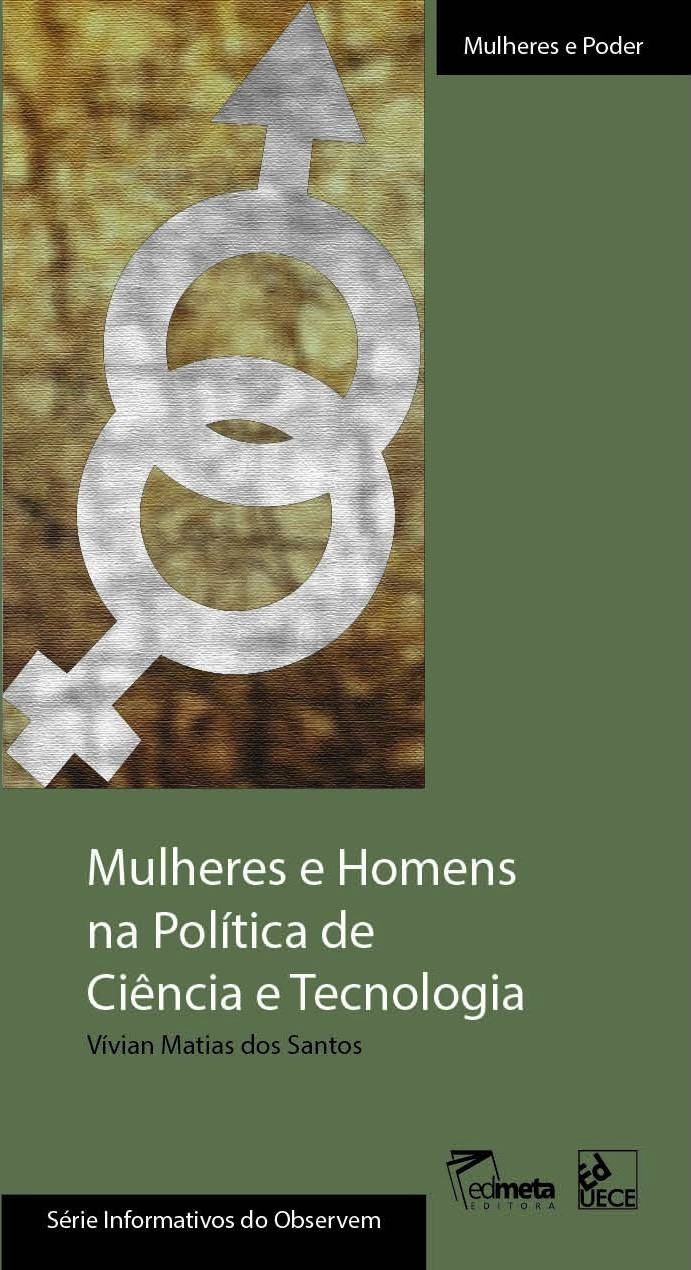
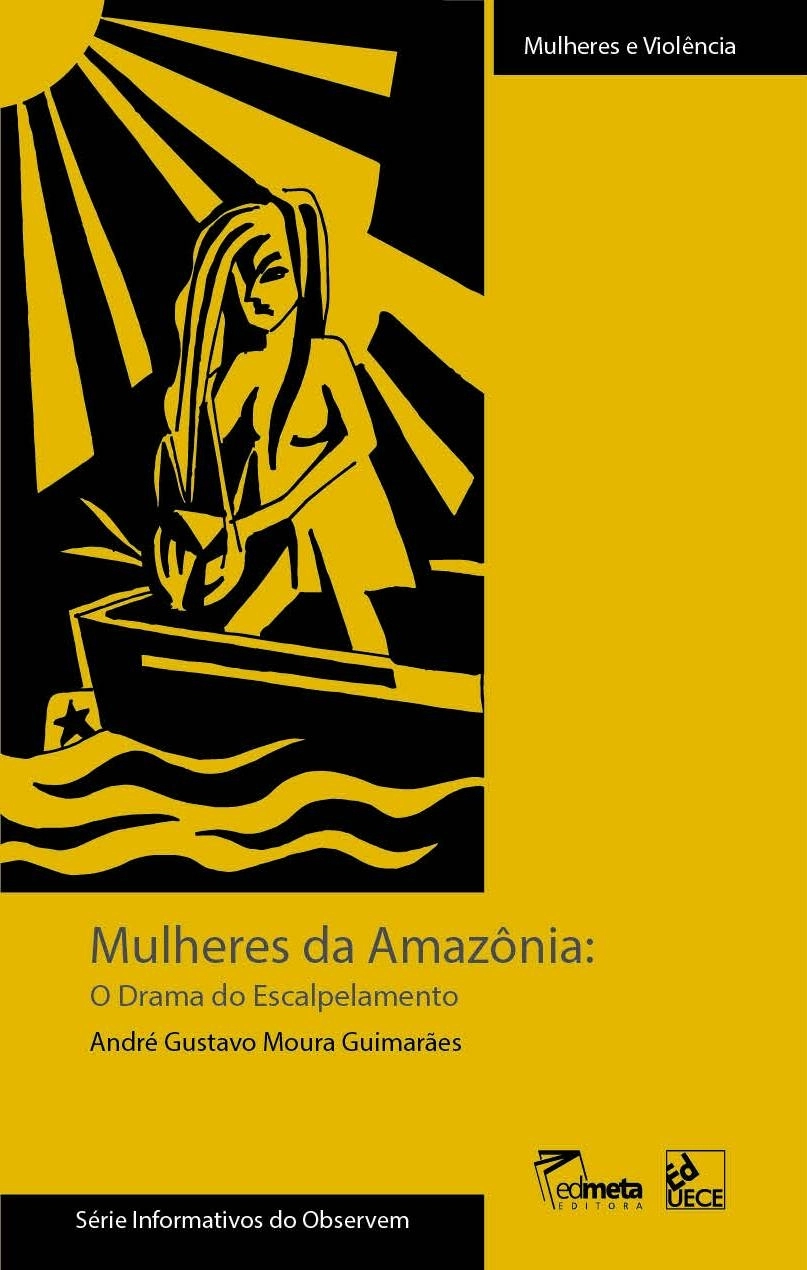
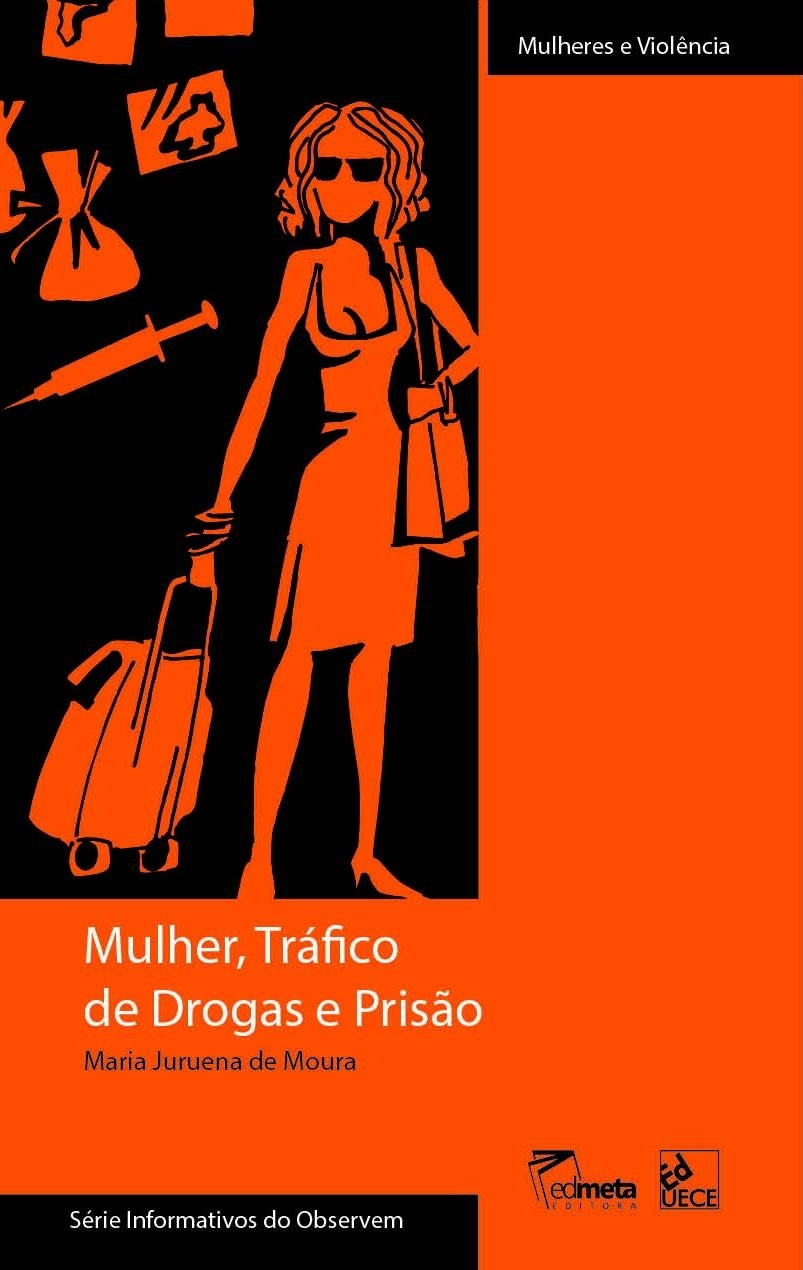
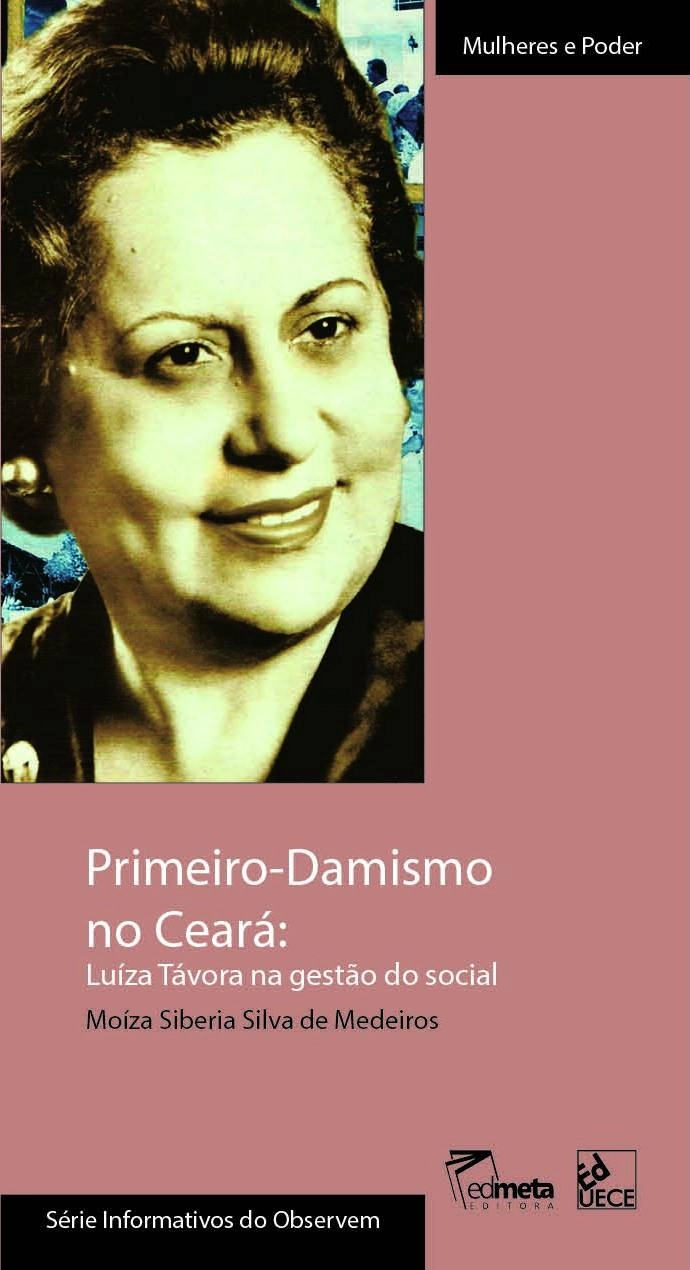
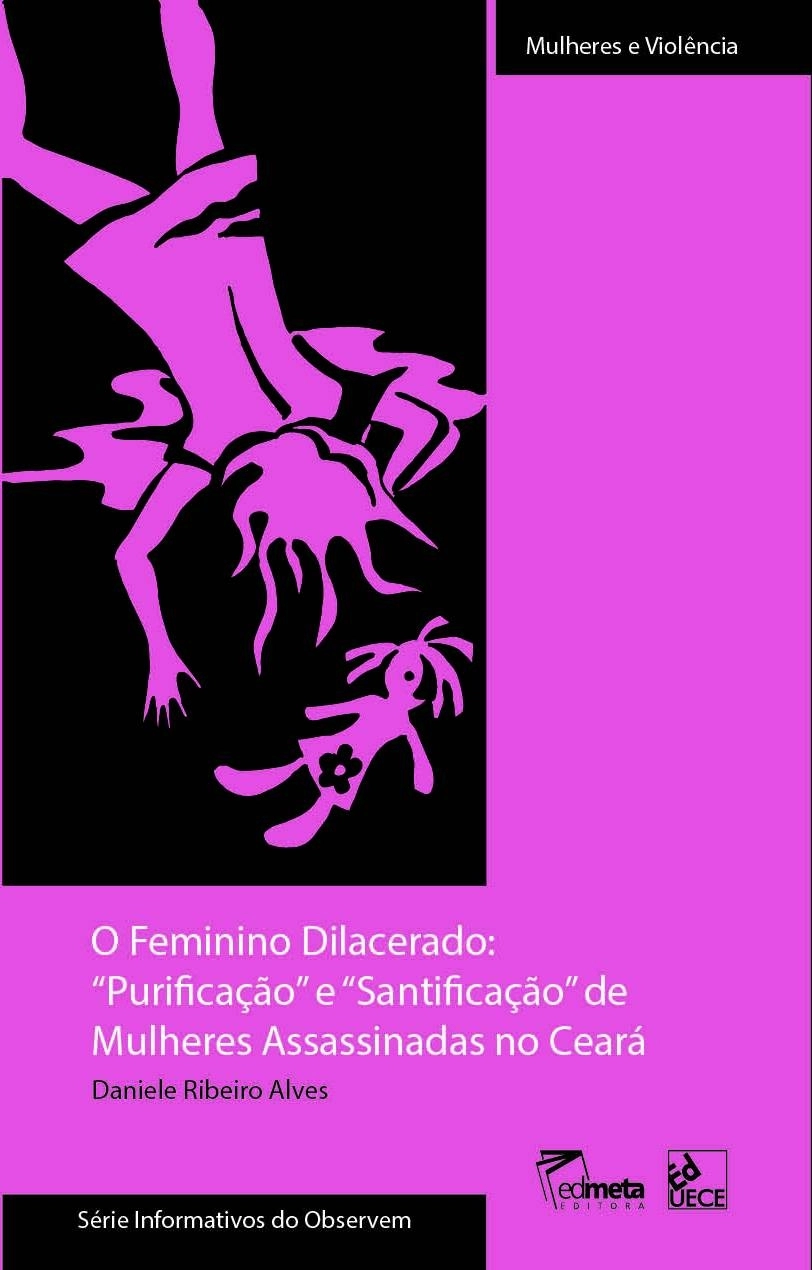
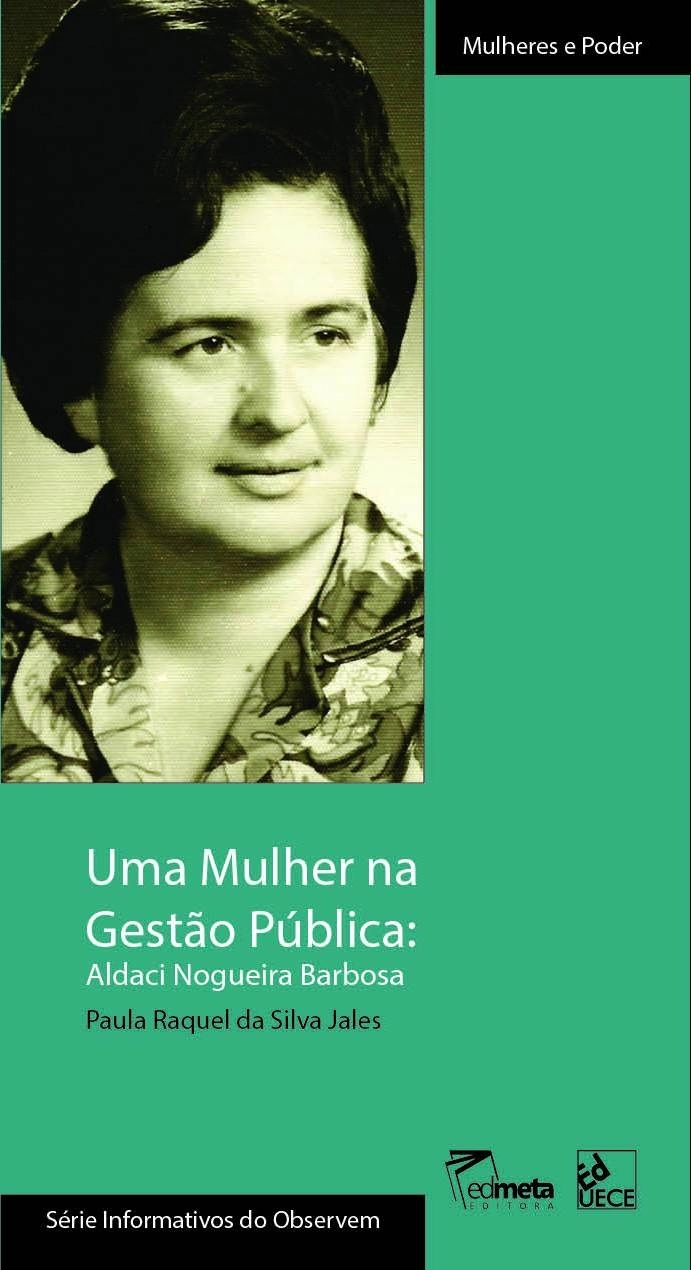
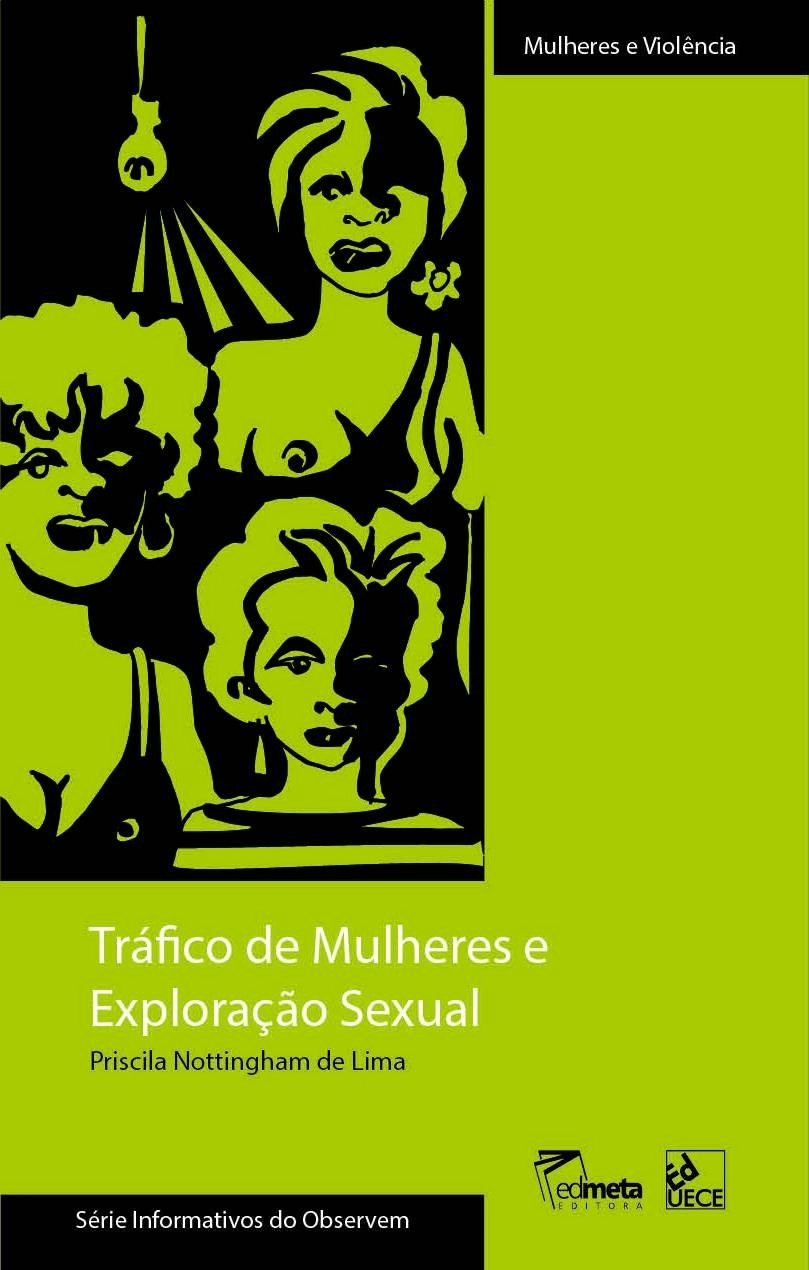
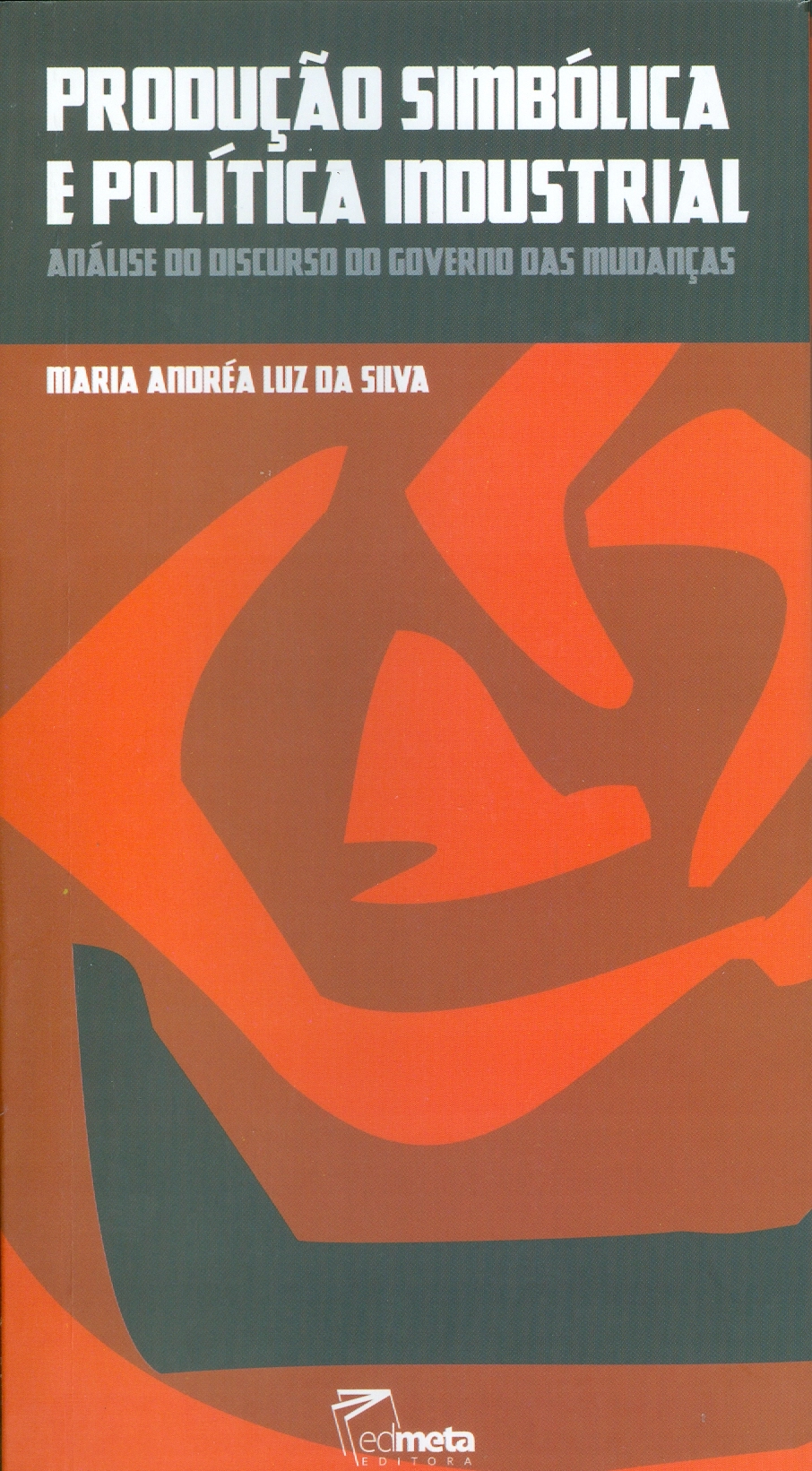
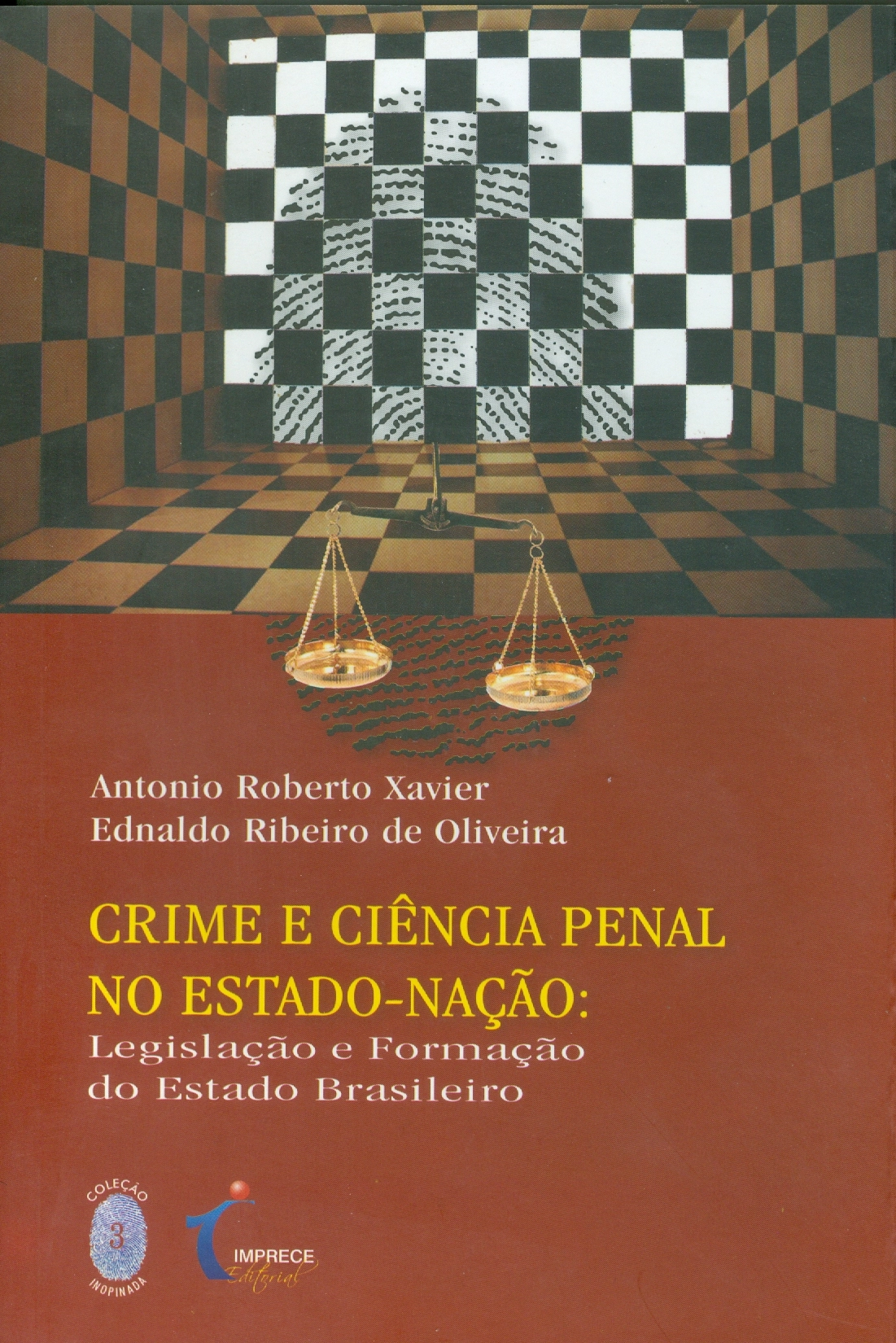
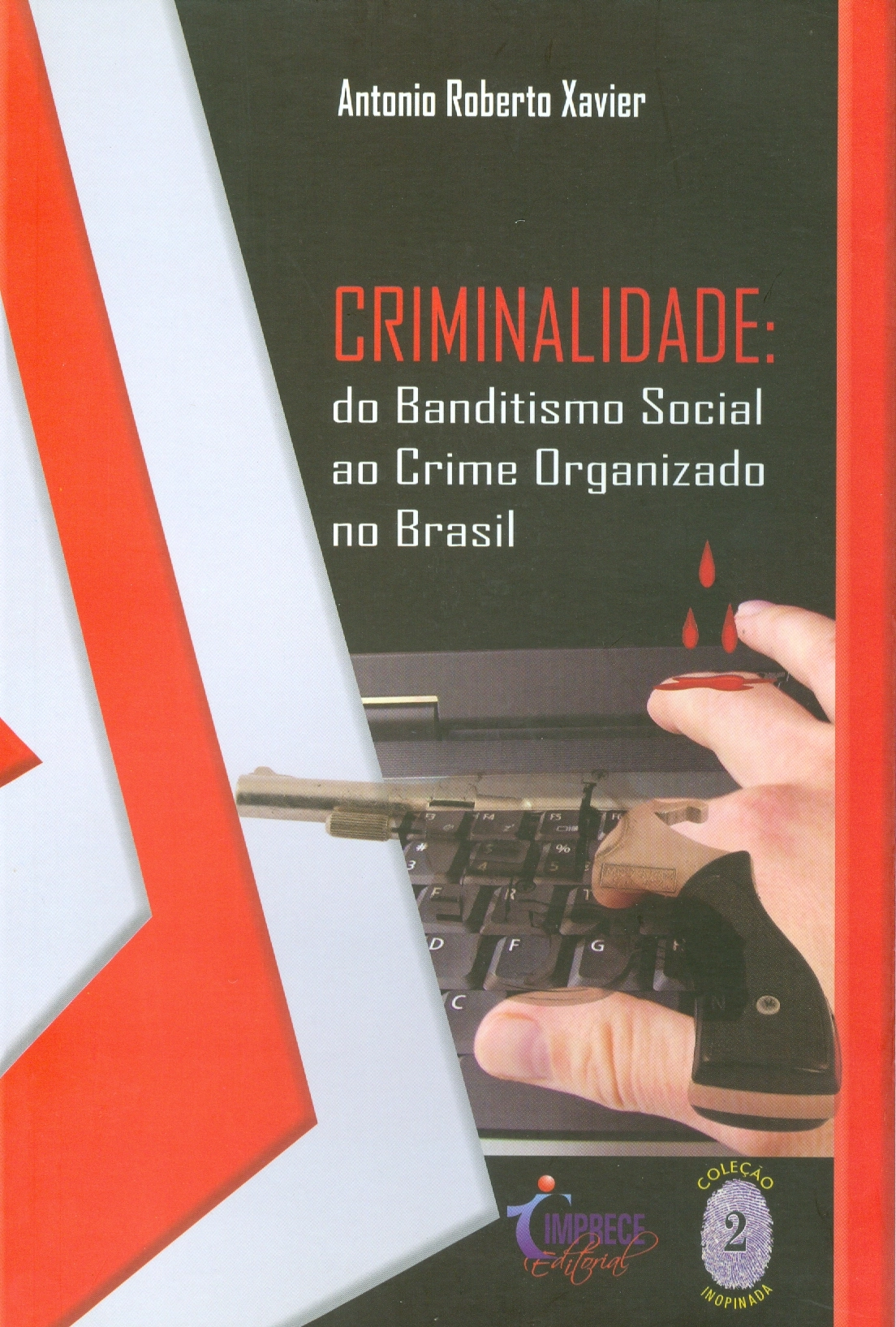
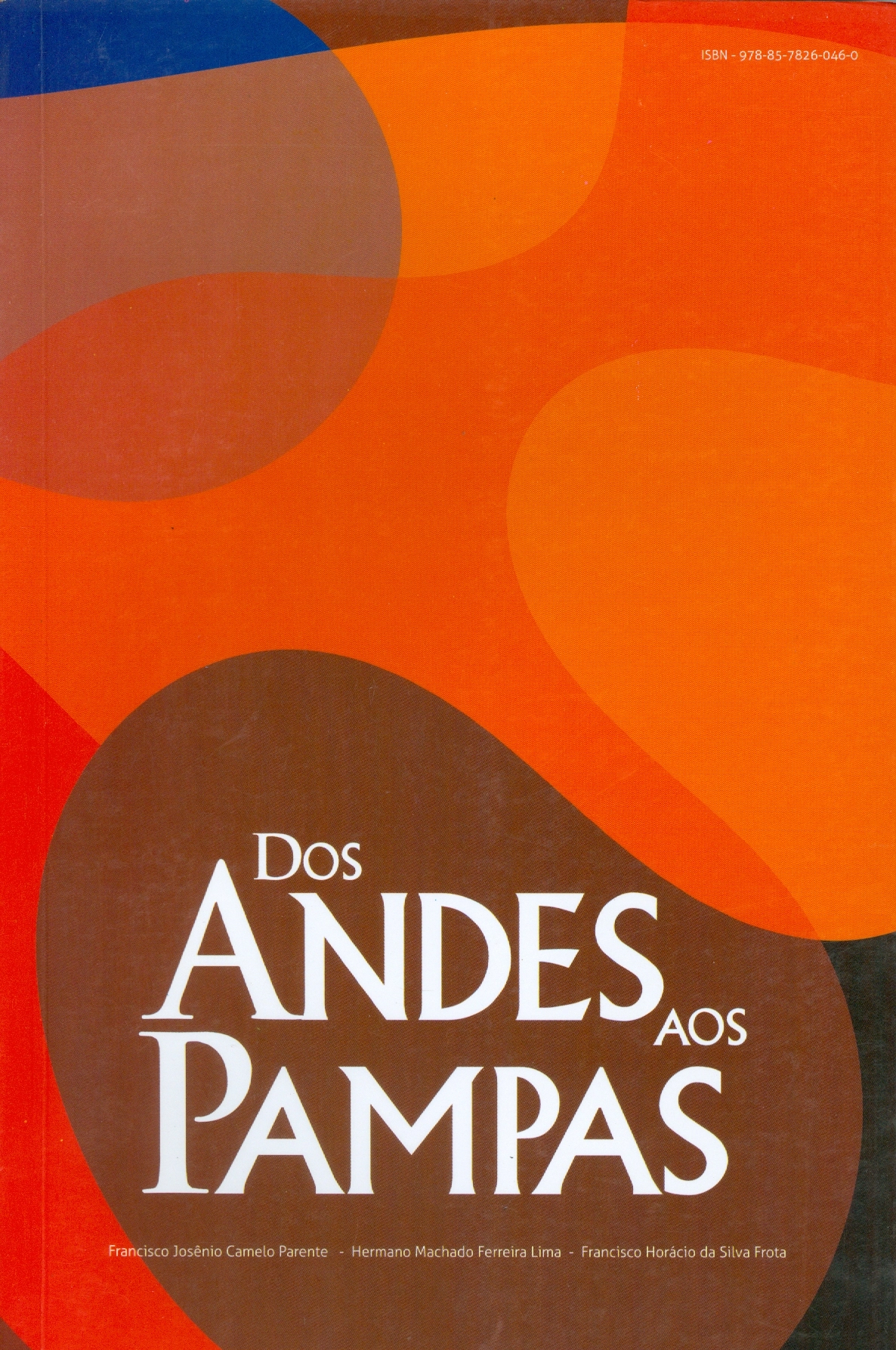

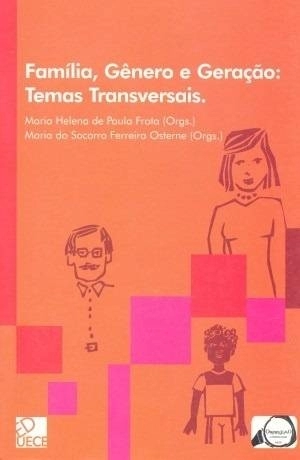
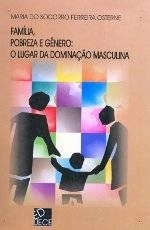
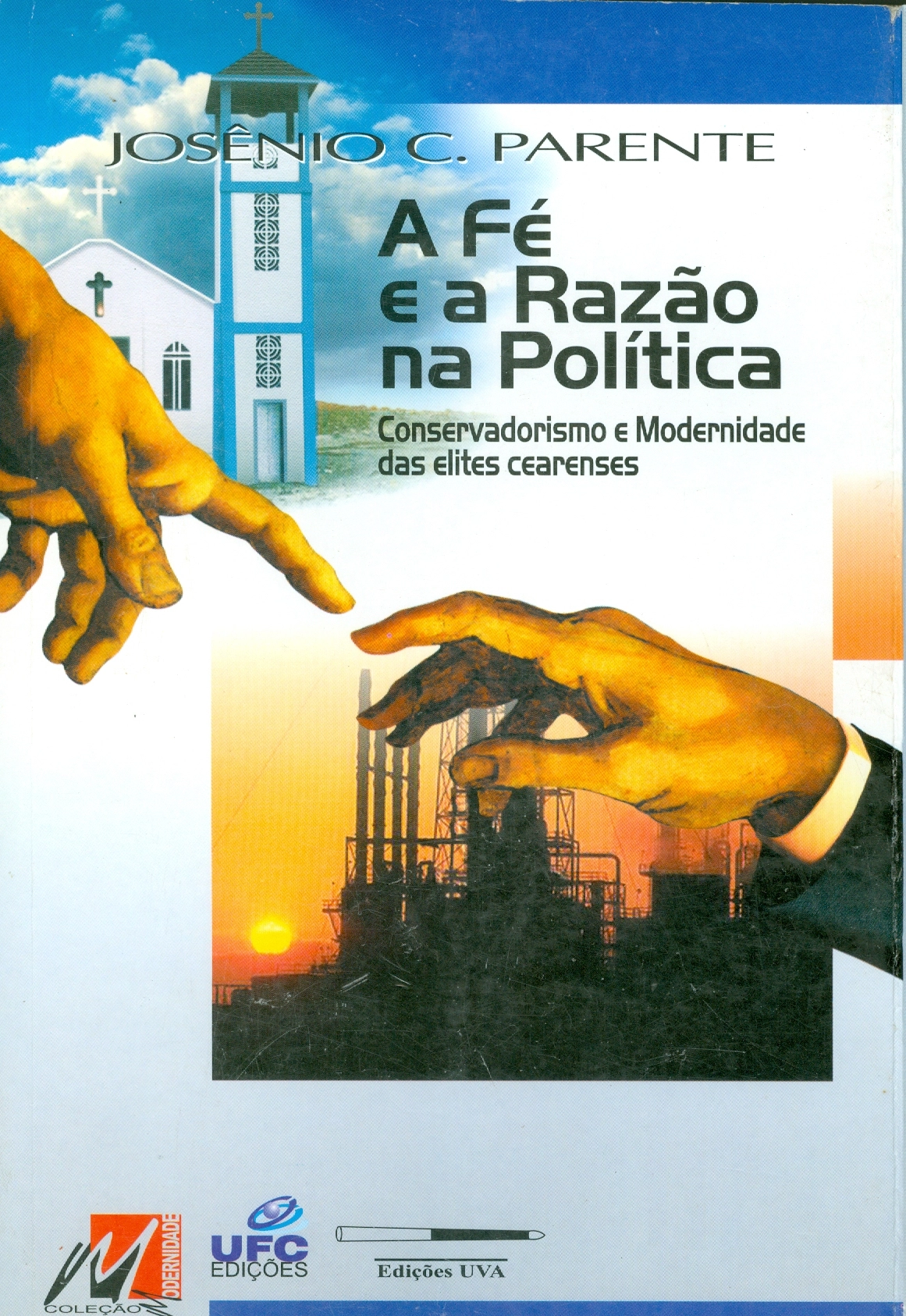
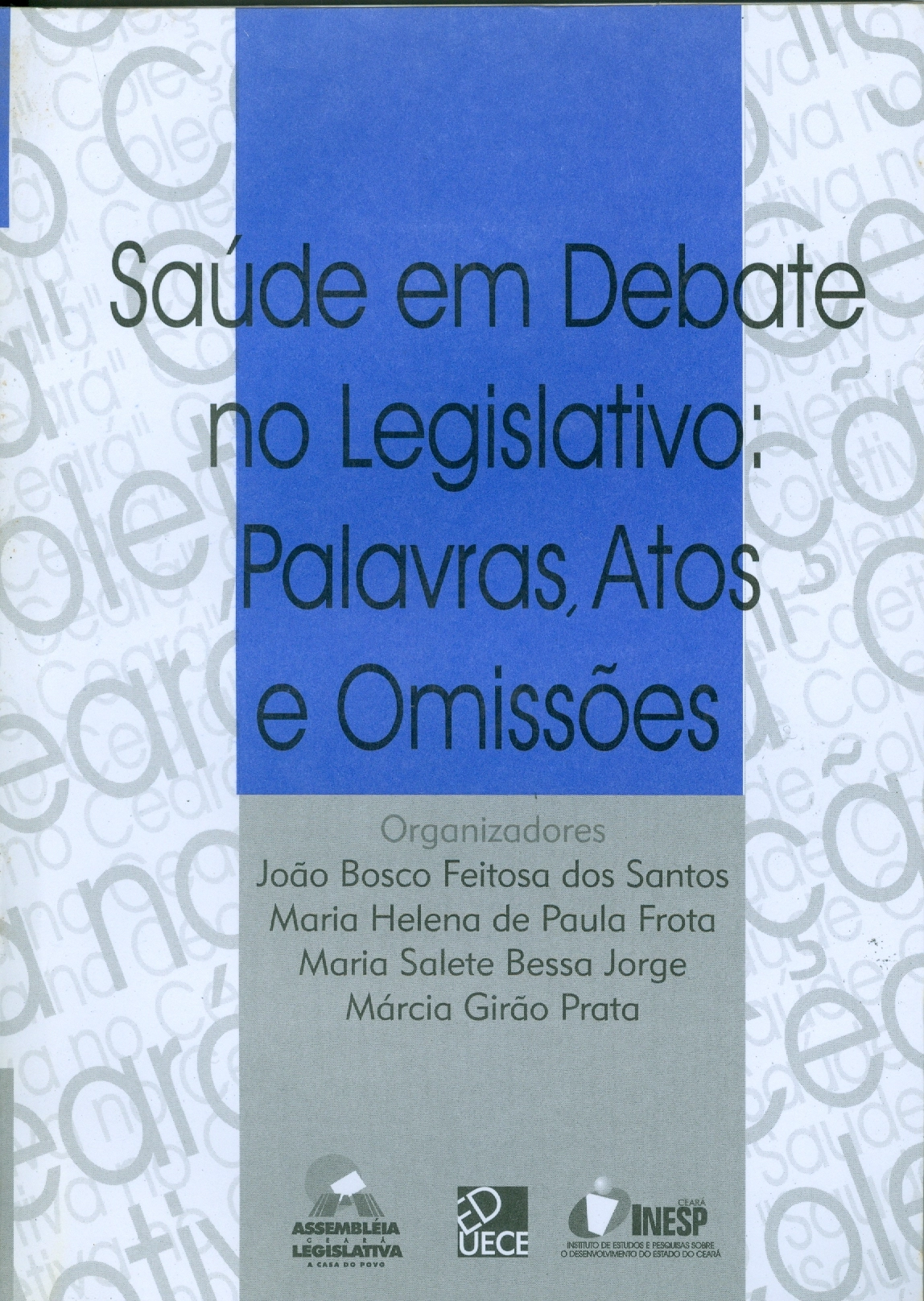
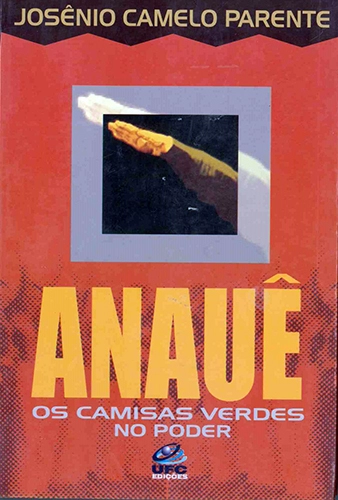
Author: Mônica Dias Martins (Org.), 2017
The collection that comes to light is the result of two years of research (2015-2017), funded by the Brazilian National Defense Council (Ministry of Defense – MD), through the Pandiá Calógeras Institute. It consists of a theoretical introduction aimed at a renewed approach to the concept of ‘defense’ and then nine case studies are presented which, if not covering all countries bathed by the calm waters of the South Atlantic, provide a fairly comprehensive panorama of the social, political, demographic, economic, and, above all, strategic reality of the nations concerned.
Organizer: Francisco Josênio Camelo Parente, 2015
As democracy advances, more is asked, more is needed in terms of political analysis. Brazilians have been giving clear signs that they want to participate in public life, they are willing to do politics, just have a look at the 2013 and 2015 street demonstrations. It is stimulating. This book brings together the texts by twelve authors who published their opinions on political issues throughout the 2014 election year. The most relevant and controversial issues were analyzed by high-level academic professionals, almost all university professors. Brazil has been radiographed on these pages.
Authors: Giovanni Alves, João Bosco Feitosa dos Santos, 2014
This collection is not a manual of social research in the area of labor. Every reader of research methodology manuals belonging to the field of social sciences is a candidate to be frustrated with what she/he reads. Anyone who expects, from a methodology course, standardized recipes, suitable to all of her/his research endeavors, is bound to be frustrated. Each research study requires specific procedures and, even if one intends to standardize techniques, there is a need to keep in mind the idea, advocated by Mills (1969), of thinking of research as an ‘intellectual craftsmanship.’ Therefore, when thinking of artisanal work, we imagine the opposite of the strict serial, Fordist, standardized manufacturing, in which the relation between producer and product is completely different from the artisanal modus operandi. The artisan starts from an idea, he/she designs a product step by step, resorting to knowledge on each action phase, and feeling free to flexibilize procedures in order to retrace the elaboration route, if it is necessary. The craftsman usually resorts to available material, employing it creatively by having the tools at her/his disposal as a basis, thus resulting in a work that distinguishes her/him from others and encourages her/him to keep creating, whatever the aesthetic and operational result of the work.
Author: Francisco Josênio Camelo Parente, 2013
Faith and reason are present at the base of social relations. In politics, this context is translated by the various participation forms. To think through reality, in Brazil at the beginning of the 20th century, the Weberian model of co-optation and political representation is used.
Author: Eugênia Suely Belém de Sousa, 2013
This work addresses the incidence of moral harassment and gender violence at the Pará State University (UEPA), as a result of the research study developed to write a dissertation for the Professional MA in Public Policy Planning of the Ceará State University (UECE). The author claims that harassment is a phenomenon to be rediscovered and reevaluated in contemporary times. According to her, the workplace is an environment of frequent and intensive relationships in the daily coexistence between the most varied types of people. Such environments, if not well cared for, become ideal spaces for triggering moral harassment. The theme is still new, as the author notices, and analyzing it comprehensively demands the viewpoint of other sciences, such as Psychology, Administration, Sociology, and Philosophy, among others. The author sees moral harassment as a form of violence and, in Brazil, concerns with this issue have the workplace as their main focus.
Authors: Júnior Macambira; Francisca Rejane Bezerra Andrade, 2013
In a world context where the impacts of the international financial crisis affect even more strongly the living and working conditions of larger contingents of the world’s population, this work provides us with indispensable means to better understand the complex and difficult situation faced by young people in the labor markets. The texts that constitute this valuable collection bring new approaches and interpretations on the most important themes related to the difficulties that youths face in their relations with work: the situations of poverty; the problems in the transition phases from school to work; the needs of developing and monitoring changes in requirements of education and professional qualification, among others. Analyzing a segment that accounts for a large part, on a world scale, of unemployed people or those who are employed under poor conditions in informal work or in illegal or illicit activities, in addition to those who experience greater insecurity and lower incomes, the set of texts reveals dimensions of youth life that also help us thinking through the motivations for the participation of this segment in demonstrations that have ‘shaken’ many societies in the East and the West – especially in the Brazilian case.
Authors: Francisco Horácio da Silva Frota/Maria Helena de Paula Frota (Org.), 2012
This book is a reflection on the people and institutions of the State of Amapá, highlighting themes such as educational policy, health policy, labor policy, and social policy assessments.
Authors: Maria Helena de Paula Frota and Vívian Matias dos Santos, 2012
This book draws a parallel between gender violence and the occurrence of femicide. There was a need to find a word to define the escalation of violence against women leading to death: femicide. This is not a term opposed to homicide, just as feminism does not oppose the term machismo. Feminism is a libertarian struggle, aimed to rid women (especially them) and men of this social disease that is machismo, a cause of prejudice, exclusion, intolerance, aggression, and death. The title given to the book that resulted from this research study leaves in the air a painful reflection: is femicide a matter of impunity or machismo? In the very 21st century, men keep thinking that women are their property. Cultural practices are changing, but the historical idea about women persists, who are still regarded as incapable and seen as a sexual object. The cases of violence against women, narrated in this book, bring to light the limits of our society in the fight against machismo. And it shows what sponsors machismo: impunity. The research study was carried out in southern Ceará, in the Cariri Region, where the number of notifications of women victims of violent crimes leading to death stood out. And its main objective was investigating the incidence of murders of women in Ceará, characterized as femicide, from the year 2000 on, a period of growth and increase in the phenomenon throughout the state. The study was funded by the Secretariat for Policy on Women of the Presidency of the Republic and the CNPq.
Authors: Maria Helena de Paula Frota, Vívian Matias dos Santos, Hayeska Costa Barroso and Daniele Ribeiro Alves, 2012
Author: Maria Jaqueline Maia Pinheiro, 2012
This work deals with violence against women and their life story, culminating in their sheltering by the state. Because of this reality, the women's movement has demanded, among other struggles, the installation of shelter houses. In Ceará, the Casa do Caminho was created in 1992 – this is a shelter for women victims of domestic violence whose main objective is welcoming them, along with their children, thus offering them protection and the possibility of recovering their self-esteem. This research aimed to understand the social representations of women sheltered in the Casa do Caminho, addressing marital violence and the meaning of shelter in the lives of these women. This is a field study, exploratory, with a qualitative and quantitative approach, as it raises the profile of women housed in the only shelter house in Fortaleza, within the period from 1992 to 2002. It focuses on the process of marital rupture and the reasons why women resume a violent relationship, analyzing the difficulties that women face in the ‘spaces of rupture’ and the weakness of public policy to support them in this struggle, as well as to promote conditions to strengthen the survivors, in order to mitigate this phenomenon that affects thousands of human beings on a daily basis. The work is divided into five chapters.
Author: Vívian Matias dos Santos, 2012
This work is the result of a consistent analysis of how women and men participate in the process of formulating sciences in a field of conflict between varied and discontinuous worldviews. Based on this intent, the author has gone a long way so that, in a rather close manner, traits of sociability could be identified in the scientific field, established on unequal bases. To do that, the study was delimited in a rather specific reality, women and men’s participation in the Science and Technology Policy, at the Ceará State Foundation for Scientific and Technological Development Support (FUNCAP). It is worth noticing that the author, in order to establish comparisons, also needed to produce statistical data about other institutions, such as the Brazilian National Council for Scientific and Technological Development (CNPq), the Ministry of Science and Technology, and the National Council of Science and Technology. However, the need for such a construct involved mapping the participation of women and men in order to occupy positions that are relevant to define the Science and Technology Policy in Brazil.
Author: André Gustavo Moura Guimarães, 2012
Scalp consists in the avulsion of a part of the human hair, with various connotations in history. In the Amazon, scalping arose when sailing boats began to be powered by engines. It is an accident due to traction of hair that gets caught to unprotected engines of small- and medium-sized vessels. Interconnected actions are required to provide the victims of scalping with comprehensive care. The purpose of this book is identifying the scenarios of these accidents in Pará, the actions related to public policy and structuring legislation of the hospital and social security system, as well as preventive measures. This is a descriptive, analytical, and cross-sectional study, carried out in two stages: systematization of data related to social organization and public policy; and sociodemographic identification of accidents. The search for information came from journalistic material, official government websites, academic productions, and visits to accident sites, hospitals, and associations.
Author: Maria Juruena de Moura, 2012
This work deals with drug trafficking, women’s involvement in this activity, and their consequent imprisonment. According to the Brazilian National Penitentiary Department (DEPEN), trafficking of drugs declared illegal, in Brazil, has been the activity that most favored the entry of women into the Brazilian penal system in recent years. Women’s adherence to this ‘activity’ is progressive, changing the statistical data from 32.6% in 1988 to 56.1% in 2000. Another significant aspect of the book is imprisoned women’s understanding of drug trafficking. They see such an occupation as a hazardous work activity, but not as a crime. They justify that this is a job opportunity when considering their living conditions and their poverty and the lack of opportunities to enter the labor market. In general, in trafficking, women play the role of ‘mule,’ which, according to their description, translates into the act of transporting the drug, justified by women’s willingness and mobility ability within the community and urban space. This content is distributed over five chapters in the work. The publication of this book shows to be necessary and timely for all people concerned with and committed to the theme, both in the academy and in the management of public policy.
Author: Moíza Sibéria Silva de Medeiros, 2012
This work has the general objective of understanding Luíza Távora’s role in social management in Ceará, during the 2 terms that her husband, Virgílio Távora, was in office in the state Executive Power, from 1963 to 1966 and from 1979 to 1982. In turn, the specific objectives of this book are: discussing Luíza Távora’s work in the public and private spheres; and grasping the roles played by her in social management. The study is characterized by the use of memory, having primarily resorted to Oral History, based on 7 interviews conducted with people who worked in social management during the second period of the Luíza Távora’s administration. In addition, the archives available in the Virgílio Távora Collection were used, as well the newspapers of the time (referring to the two periods under study). Thus, it is inferred that Luíza Távora’s work in social management showed up in a hybrid way: on the one hand, she sought to innovate in the social sphere, emphasizing the technical quality of services, with introduction of planning and increased number of appointments and services, but on the other hand, the image of benevolence and charity and the vocation to care for the other was projected, being associated both with the Christian and ‘feminine’ sign of the other and the love for the poor.
Author: Daniele Ribeiro Alves, 2012
This book aims to discuss the gender issues that gravitate around the murder and popular ‘sanctification’ of women in Ceará. Based on interviews and document analysis, it was intended to think through the relations established between the practice of murder of women, popular religiosity, and gender. Among the research objectives, it was sought to grasp the control of the feminine as a religious expression, especially in the Catholic Church. It was also verified how the notion of sacred is constructed in these narratives and the interweaving that was based on the population’s imagination. The popular ‘saints’ under study come from various locations in Ceará and they were analyzed according to the division into macroregions by the Institute of Research and Economic Strategy of Ceará (IPECE), so they are: 5 ‘saints’ in the Center-South; 2 in the Central Hinterland; 3 in Sobral/Ibiapaba; 3 in the East Coast; 1 in the Hinterland in Inhamus; and 2 in the Metropolitan Region of Fortaleza. Finally, in the author’s words, her intent with this work was to “unveil the veils,” which means to break with the silence of the murders of women, i.e. look closely at the symbol of holiness (the veil) and solve a crime of passion, the profane and the sacred, the public and the private. The metaphor proposes ruptures with discourses, with regulations that perpetuate and affect social players, in this case, women, ‘martyred saints.’
Author: Paula Raquel da Silva Jales, 2012
The work deals with a woman’s experience in municipal public management in the position of Superintendent at the Social Service Foundation of Fortaleza, a public law entity, within the period from 1967 to 1976. According to the author, making visible the work of this woman in public management was key to evidence and think through actions and roles taken by Aldaci in the course of her history as manager in the social area, a field historically defined in society as having less value in the socio-technical division of labor. Based on the records of accomplishments made by Aldaci Barbosa, the author distinguished two phases of what she named as ‘collection of the self’ and ‘collection of the other.’ The ‘collection of the self’ consists in documents that were kept by the protagonist, which contain significant moments experienced by her in the foundation concerned about her achievements, records that prove her intense dedication to work. The ‘collection of the other’ consists in the files owned by the widower, Mr. João Nogueira Mota, who was then director of the Urban Social Center ‘Presidente Médici.’ In this way, the author focused her reflections on recovering Aldaci’s memory in social management from the time of the Pirambu to the Social Service Foundation of Fortaleza, explaining its multiple meanings, resuming the past, and finding elements that redefine and validate the current politics of social assistance, which will certainly contribute to discussions on this policy.
Author: Priscila Nottingham de Lima, 2012
The work deals with the trafficking in women for purposes of sexual exploitation in Ceará. However, the practice was first evidenced nationally through the Brazilian National Survey on Trafficking in Women, Children and Adolescents (PESTRAF), published in 2002, which identified 241 trafficking routes for the purpose of sexual exploitation in the country. Data from the International Labor Organization (ILO), quoted in the book, indicate that, in 2007, 2.4 million people were victims of trafficking in human beings; out of these, 43% were trafficked for sexual exploitation and 32% for economic exploitation. The ILO also estimates that half of these victims are under the age of 18 years. Also according to the I Diagnosis on Trafficking in Human Beings, carried out in 2004, highlights São Paulo, Rio de Janeiro, Goiás, and Ceará as the states that mostly practice this activity. The visibility of this issue mobilized the State to deploy confrontation policy through the creation of Offices to Combat, Prevent, and Assist Victims.
Author: Maria Andréa Luz da Silva, 2011
This book analyzes the Tasso Jereissati administration’s discourse, the so-called ‘Government of Changes,’ and shows how it built legitimacy in political transition rather than hegemony. Thus, the administration had symbolic production as an indelible mark. That was the moment to recognize popular sovereignty, but the administration worked in a business-like way, capturing it for a rather rational political action. The Government of Changes had another mark: fighting against patrimonialism, it was a pioneer in Brazil’s path towards liberalism. It anticipated significant changes in political customs by introducing a decisive component of liberal ethics, i.e. the symbolic boundary between the public and the private in a modern society.
Authors: Antonio Roberto Xavier/ Ednaldo Ribeiro de Oliveira, 2010
The authors start from some reflexive assumptions about how the criminal law was deployed and how it works in societies whose reality is very different from that of the societies where its legal statutes were erected.
Author: Antonio Roberto Xavier, 2010
The issue of various types of social insecurity, such as mass unemployment, poor health services, civil security, education, etc. has led to increased crime in a diversified and increasingly frightening way. However, in order to understand the current reality of the criminogenic situation in society, there is a need to talk of the history of crime, its origins, evolution, expansion, i.e. a brief (re)visit must be made to the historical past, in order to analyze the roots of violence and crime.
Authors: Francisco Josênio Camelo Parente/Hermano Machado Ferreira Lima/Francisco Horácio da Silva Frota, 2010
This is a collection of articles about Latin America in the 21st century, more especially, the current process of changes that has been taking place. Such changes, quite significant, make the generation that had the opportunity to live under the Cold War apprehensive.
Author: Maria do Socorro Ferreira Osterne, 2008
Comment: Maria Helena de Paula Frota
Authors: Maria Helena de Paula Frota and Maria do Socorro Ferreira Osterne (Org), 2004
Highlighting the cross-sectional nature of the themes family, gender, and generation is the central objective of this work, which, in general, brings together theoretical reflections, studies, and reviews on seemingly specific and independent subjects, not necessarily oblique ones. Family, gender, and generation, in fact, although they can be expressed as distinct categories and specific knowledge, preserve infinite relations. Moreover, from an analytical and conceptual viewpoint, they raise questions still undermined by uncertainties, full of controversies, and punctuated by ambiguities. This book gathers writings by professors, students, and professionals who have worked on the theme within the academy in Ceará, especially in the Ceará State University of (UECE), under the leadership of its organizers.
Author: Maria do Socorro Ferreira Osterne, 2001
This book, derived from the thesis entitled Dinâmica, composição e valores familiares: oposições e complementaridade entre o feminino e o masculino, focuses on three broad categories of analysis in the area of Human and Social Sciences, namely: family, poverty, and gender. Its purpose is identifying, in poor families living in the outskirts of Fortaleza, the hierarchy patterns and the authority relations that men and women, in their specific gender conditions, establish among themselves in the movement of their daily lives. The work recognizes that the phenomenon of male domination, or just as Pierre Bourdieu said, the omnipresence of androcentric’s worldview, is something microphysically interposed between life situations in the community under analysis.
Author: Josênio C. Parente, 2000
Faith and reason were the script of modernity in the West. Ceará also follows this path. In this book, derived from a Ph.D. thesis in Political Science submitted to the University of São Paulo (USP), Ceará is explained by understanding its political elites. The image of a monolithic Northeastern Brazil is no longer supported and grasping the state specificities is a way of apprehending the Brazilian reality and its political-party dynamics.ria.
Authors: João Bosco Feitosa/ Maria Helena de Paula/ Maria Salete Bessa Jorge/ Márcia Girão (Org), 2000
The book systematizes, in a dense and critical way, the articulation work of the Legislative Assembly of Ceará, through its Health and Social Security Commission, with health workers and civil society in general, aiming to turn health demand into action taken by the public power. And the last few years have been fertile in social and technological challenges: private health plans, private pensions, pensions, health code, health funding, organ transplantation, and both the history and the performance of the Health and Social Security Commission itself. Everything was done to draw the attention of politicians, legislators, epidemiologists, sanitarians, social scientists, trade unionists, and entrepreneurs who see the workforce as quality investment and workers who are challenged to grasp health and suffering, quality of life and citizenship.
Author: Josênio Camelo Parente, 1999
‘Green shirt’ was one of the denominations of Integralism, an ideological movement regarded by some like ‘fascist,’ which happened in Brazil in the 1930s, whose motto was: “God, Homeland and Family.” In addition to the uniform (green shirt), the movement had a very rich symbology. The greeting between the members was made with the hand extended upwards, a gesture complemented by the Indian word ‘Anauê!’ It had militias and its members swore allegiance to the Brazilian National Chief. As a political organization, it seeks to seize the State’s political power. The book provides an analysis of great importance to understand this movement in Brazil and in Ceará.

Doutorado Acadêmico em Políticas Públicas
Mestrado Profissional em Planejamento e Políticas Públicas
Campus do Itapery - Bloco de Estudos Sociais Aplicados - CESA / Av. Silas Munguba, 1.700 - 60.714-903 - Fortaleza-CE - Brasil
Fone: (85) 3101.9880 / E-mail: politicaspublicas@uece.br